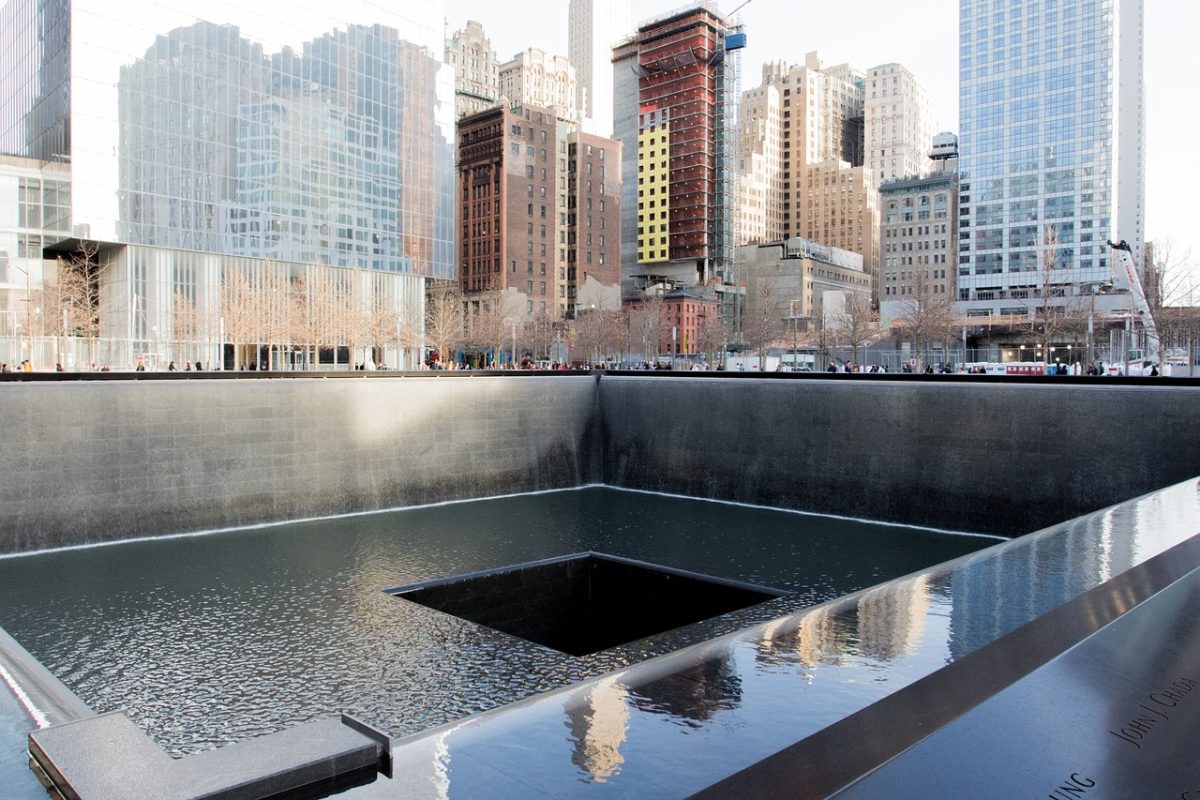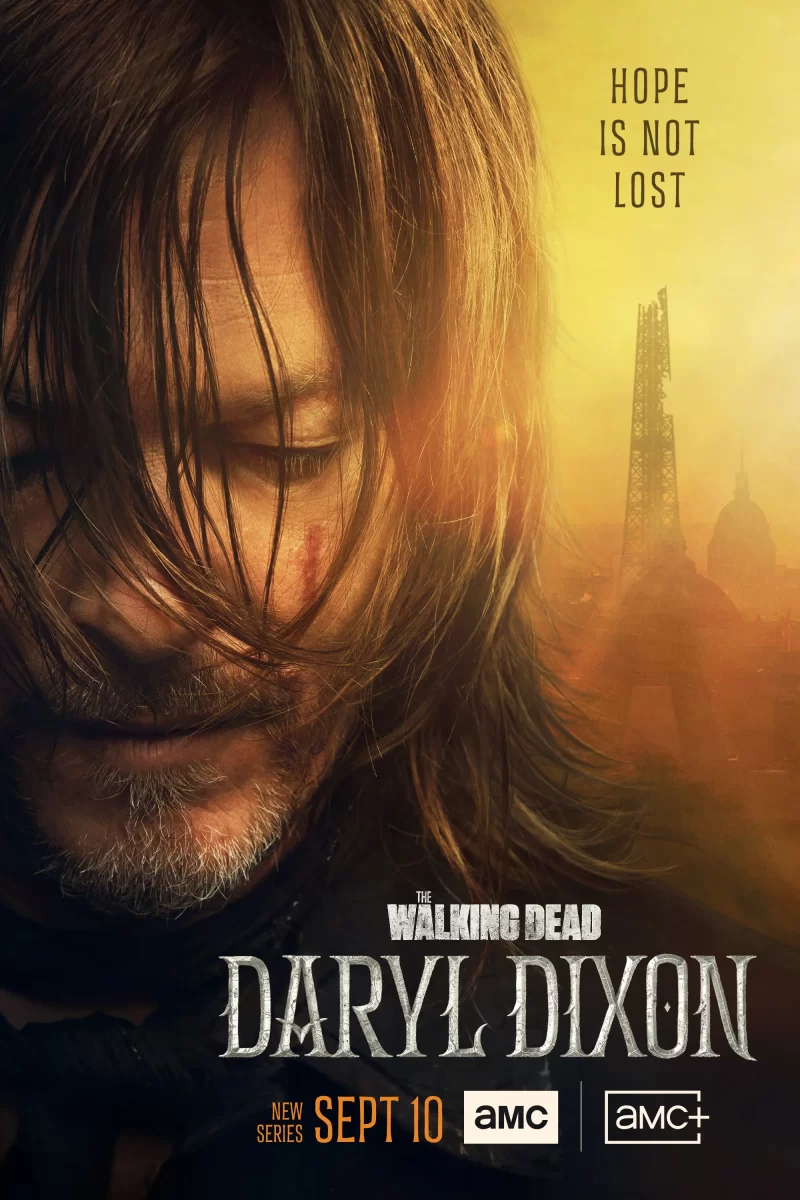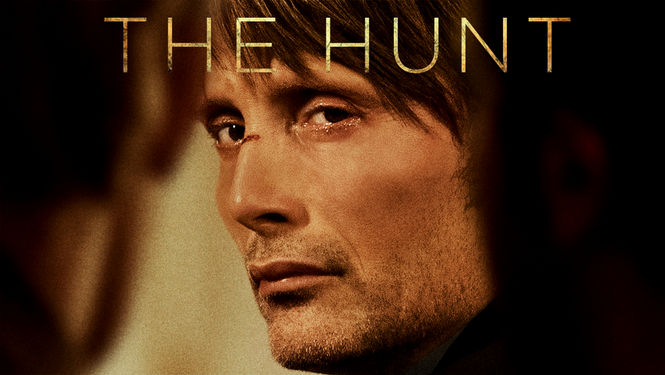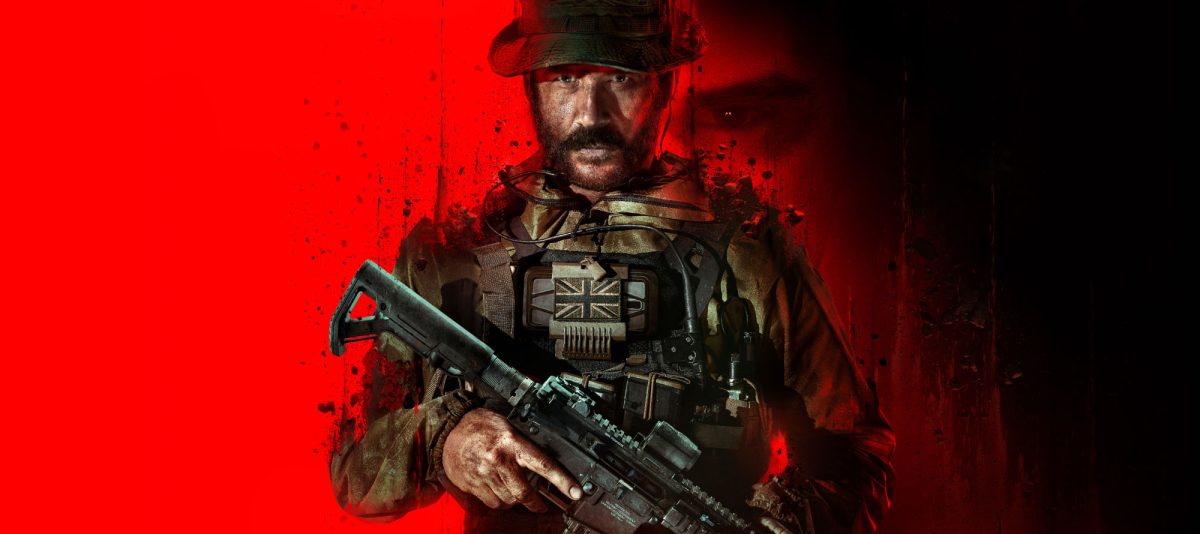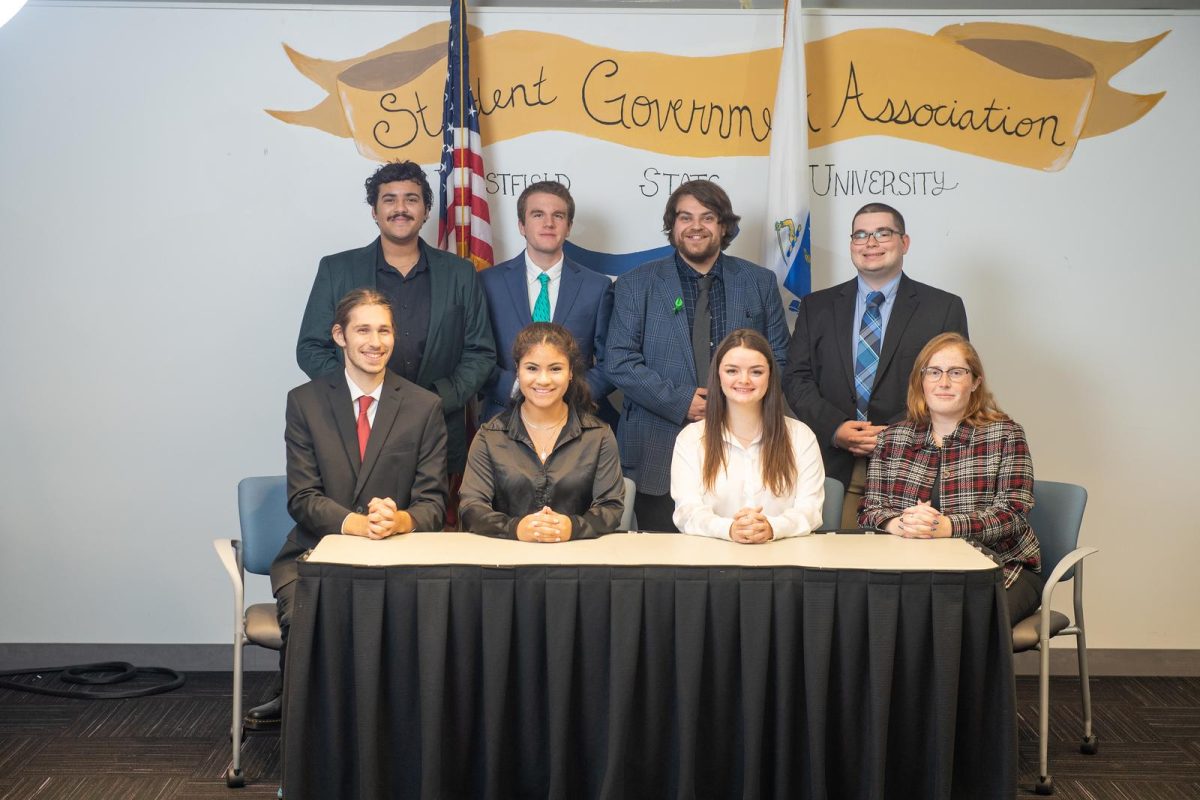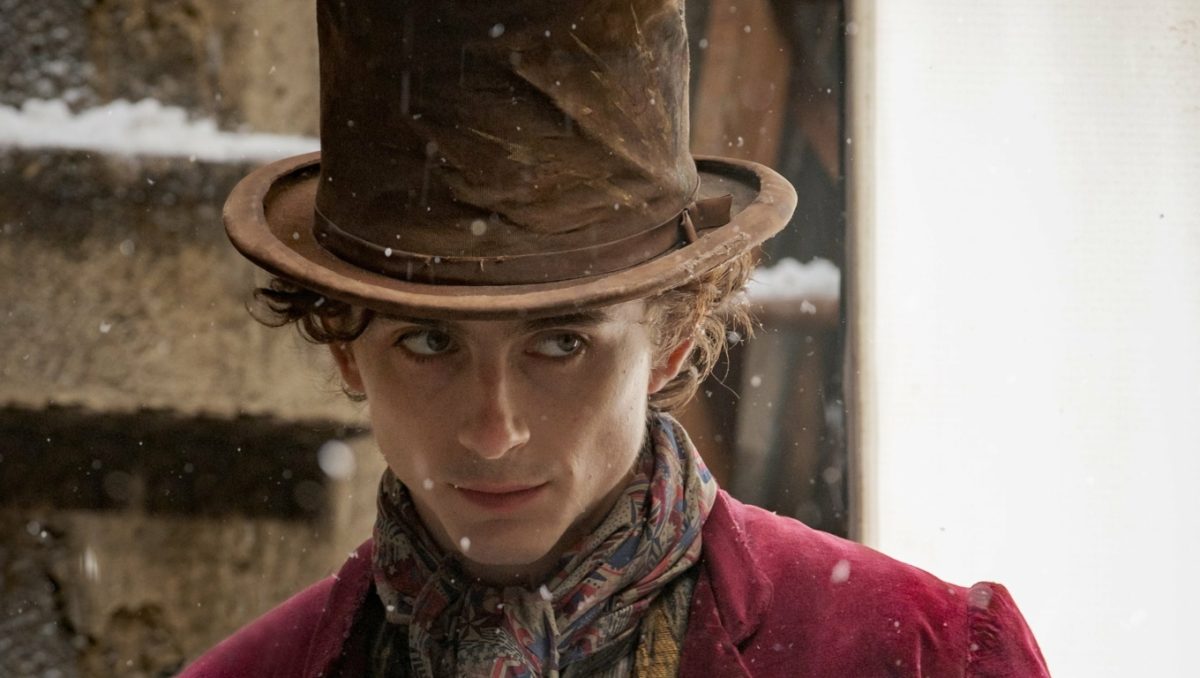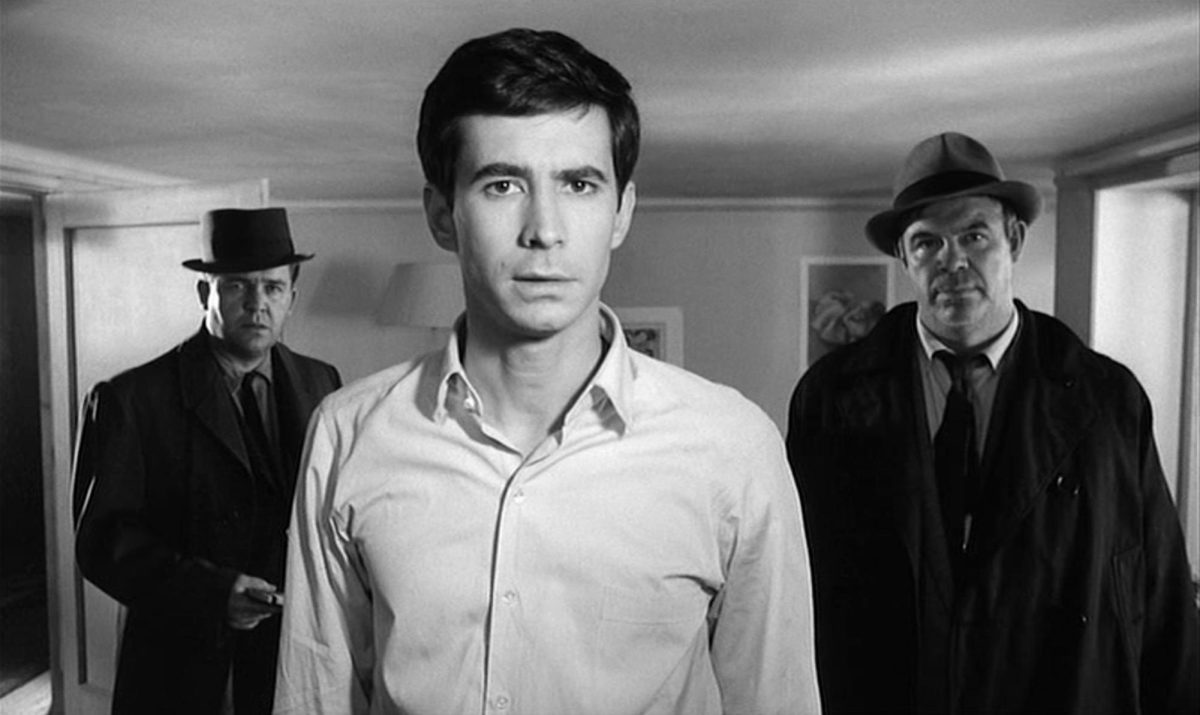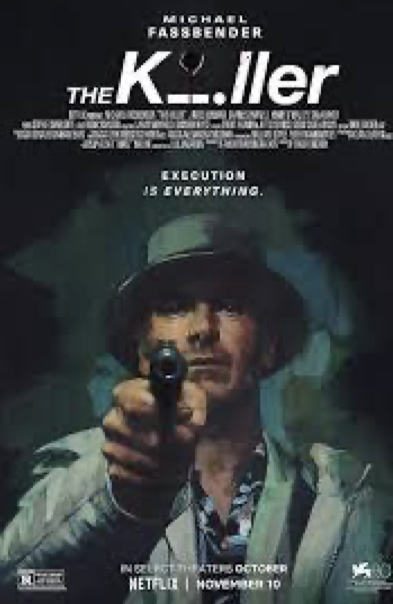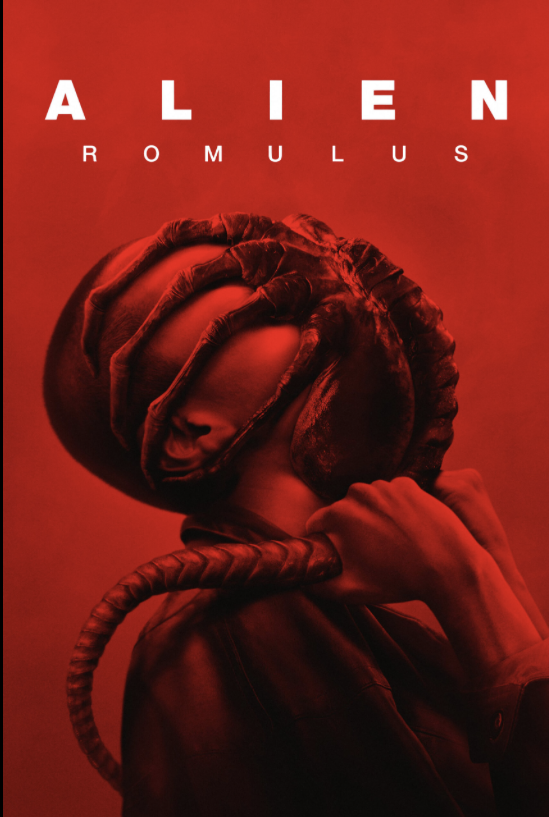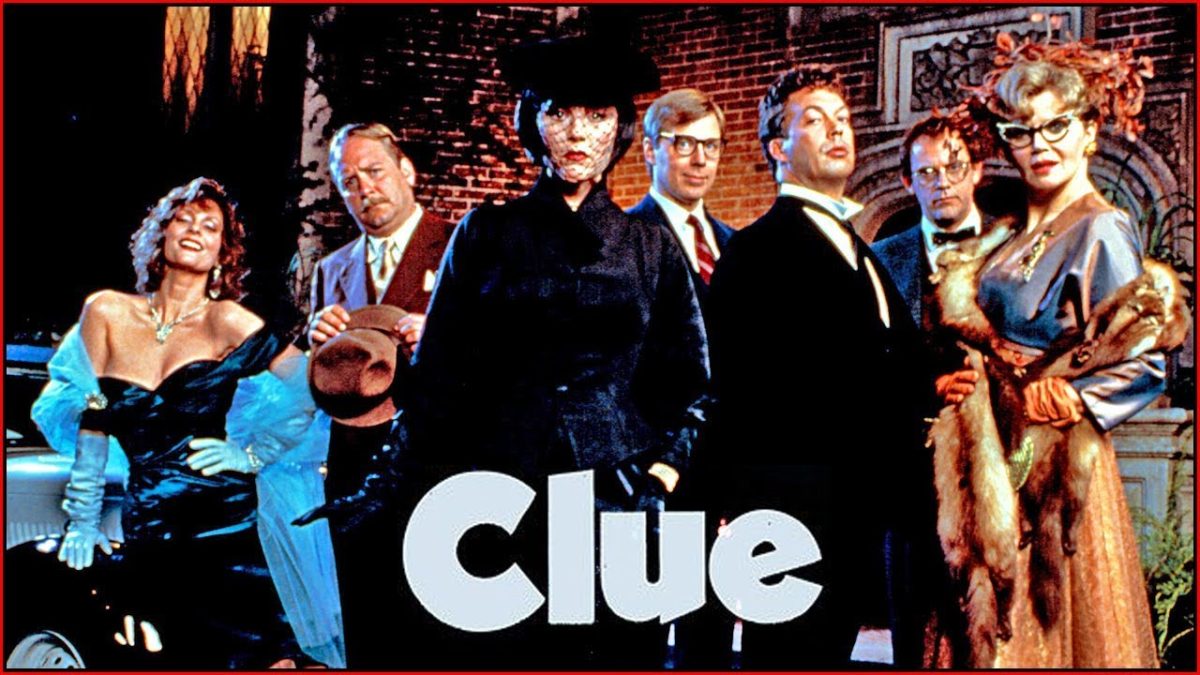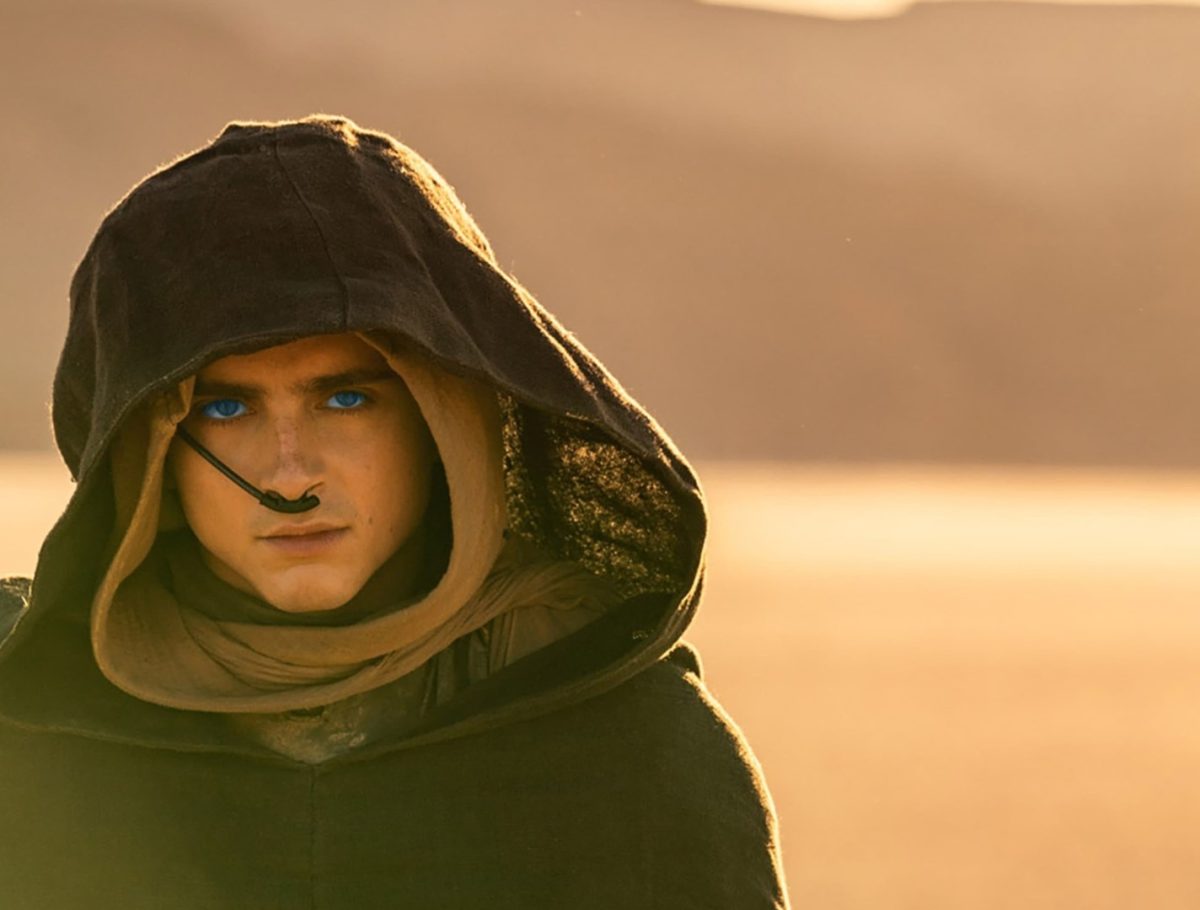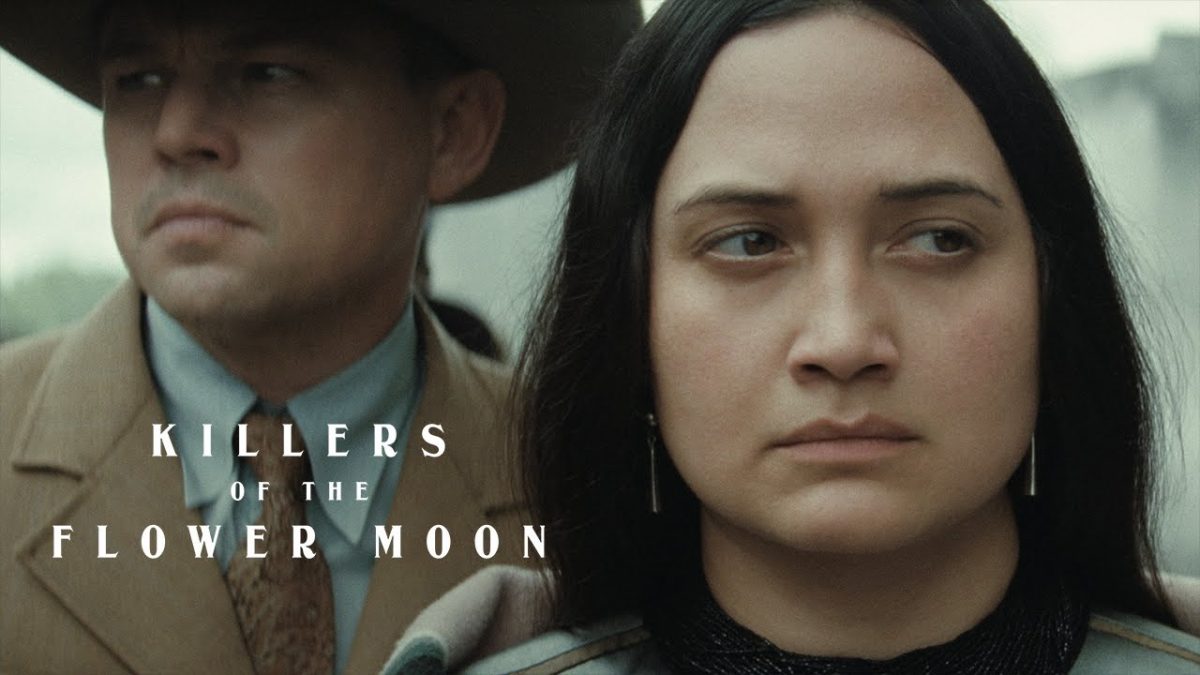The Hunt is a 2012 Danish drama starring Mads Mikkelsen and directed by Thomas Vinterberg. The plot surrounds Lucas (Mads Mikkelsen), an elementary teacher that lives in a small Danish community. Lucas lives a relatively simple life: he’s great with the students, has a lot of friends, and is trying to reconnect with his son after a divorce.
However, his life changes when Klara (Annika Wedderkopp), one of his students, falsely accuses him of sexually assaulting her. As the community slowly turns their backs on him and his social standing dissipates, he not only has to survive being permanently persecuted in his small village, but also make sure that his relationship with his own son doesn’t get destroyed in the process.
The Hunt is terrifying in a way that puts most horror movies to shame. The film takes its time to help the viewer understand Lucas’s life and how he is seen by all the people. Then, when the accusation hits, you can only brace yourself when more and more people just slowly turn their backs on him.
The cinematography highlights this point specifically as many of the shots are closeups of Lucas which brings home this claustrophobic nature of the community steadily closing its doors on him. The progressive antagonist nature of the village itself along with the slow pace makes for an anxiety-driven masterpiece that gives you no rest.
Strong acting in character driven films is necessary in order to carry the story. You can have bombastic epics like Lord of The Rings with a few actors that weren’t great, and it would still be fine. But in small movies that are more character driven than story driven, acting across the board has to be good in order to gain interest for the rest of the film.
When it comes to The Hunt, it absolutely succeeds in this respect. Mikkelsen is fantastic playing someone who has their back to the wall looking to get out in any way possible. However, he doesn’t express it in the way some movies do. Rather than being loud and bombastic
when tackling such false accusations, he’s more reserved and almost quiet.
You can tell he’s being tortured emotionally, but only in the eyes and the shakiness of his breath. It’s not until a particular scene that
comes up near the end that the viewer feels the full weight of Lucas’s loneliness thanks to Klara’s falsities.
Speaking of Klara, Wedderkopp was also great as well. It’s rare to see strong performances from child actors. Most either give wooden performances that shatter the immersion or are given dialogue that you can tell came from an adult and not from how a child would actually speak. But, combined with excellent writing and solid chemistry with Mikkelsen, Wedderkopp brings out a strong performance in a character that you will, at times, despise and even pity.
The only oddity in the performances would be from Lucas’s son Marcus (Lasse Fogelstrøm). It’s not to say that he was bad, but you can definitely see the quality of the acting change when you compare Fogelstrøm to all the other actors. There were a few scenes in the movie that required stronger acting than what Fogelstrøm gives. These were only hiccups as he was still good in the movie and was even great in one of the more emotionally striking parts of the film.
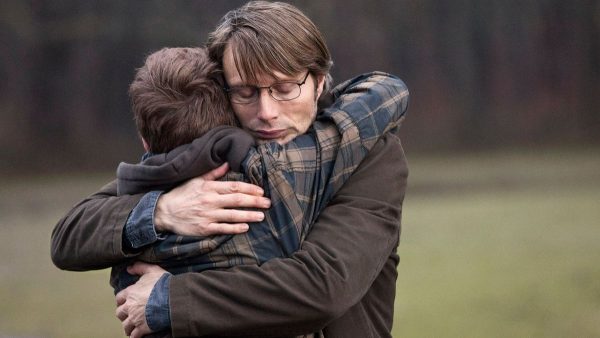
When it comes to legitimate criticisms that can be made for the film, I would consider the second to last sequence in the movie. Without potentially spoiling something, the conclusion of the film before the last scene felt like a rushed afterthought. The last scene is fantastic and depressingly poignant, but how we get to said scene could’ve been slowed down in order to fully digest what came before. It just felt like a scene that they forgot to add in, so they needed to shoot it in the most conventional way possible. Again, not a bad scene, but weak compared to every other scene in the entire film.
The movie projects an even deeper meaning upon our own society which is the idea of being guilty until proven innocent. We’ve all had our own personal witch hunts where we judge and criticize others based on what others have said regardless of any actual proof. Whether it’s from the media, our friends or even family members, we can all turn like the community did.
If a young child accuses a teacher of pedophilia, wouldn’t we also trust the child more than the teacher? If we were Lucas’s best friend, wouldn’t we shut our doors to his pleading when the accusation came from our own daughter?
The real horror of the film is not Klara, the community, or even the ending, but how we as people can also be so easily misled by preconceived judgements that are simply based on fiction. 4.5/5


